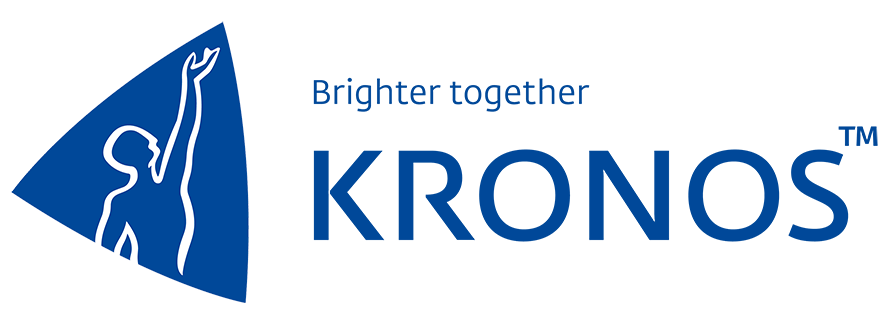Streamlining Compliance with GDPR Regulations Easily Checklist
A comprehensive guide to ensure seamless compliance with GDPR regulations, covering data protection principles, subject rights, and breach notification procedures. Simplify your organization's adherence to EU data privacy laws with this streamlined template.
I. Conduct a GDPR Compliance Assessment
FAQ
How can I integrate this Checklist into my business?
You have 2 options:
1. Download the Checklist as PDF for Free and share it with your team for completion.
2. Use the Checklist directly within the Mobile2b Platform to optimize your business processes.
How many ready-to-use Checklist do you offer?
We have a collection of over 5,000 ready-to-use fully customizable Checklists, available with a single click.
What is the cost of using this Checklist on your platform?
Pricing is based on how often you use the Checklist each month.
For detailed information, please visit our pricing page.
What is Streamlining Compliance with GDPR Regulations Easily Template?
A templated solution that simplifies compliance with GDPR regulations by providing a structured approach to data protection, risk assessment, and policy implementation. This template helps organizations systematically address GDPR requirements, ensuring they are prepared for audits and minimize the risk of non-compliance.
How can implementing a Streamlining Compliance with GDPR Regulations Easily Template benefit my organization?
Implementing a Streamlining Compliance with GDPR Regulations Easily Template can benefit your organization in several ways:
- Reduces the time and effort required to manage compliance, allowing staff to focus on more critical tasks.
- Ensures consistency and accuracy in data protection practices across departments and teams.
- Enhances transparency and accountability within the organization, as policies and procedures are clearly outlined and easily accessible.
- Mitigates potential fines and reputational damage associated with non-compliance by ensuring adherence to GDPR regulations.
- Facilitates the identification and mitigation of compliance risks, allowing for proactive measures to be taken to protect sensitive data.
What are the key components of the Streamlining Compliance with GDPR Regulations Easily Template?
Data Collection and Mapping Personal Data Inventory Risk Assessment and Prioritization Compliance Policy Development Policies and Procedures Documentation Training and Awareness Programs Monitoring and Review Processes Corrective Action Plan Documentation of Stakeholder Engagement Internal Audits and Compliance Reviews.
II. Appoint a Data Protection Officer
III. Implement Data Protection Policies
IV. Conduct Staff Training
V. Implement Data Subject Access Requests (DSARs) Process
VI. Implement Data Breach Notification Process
VII. Implement Data Protection Impact Assessments
VIII. Implement Technical and Organizational Measures
IX. Maintain Records of Processing Activities
X. Review and Update Policies Regularly
XI. Sign and Date Acknowledgement
Expense Reduction
 34%
34% Development Speed
 87%
87% Team Productivity
 48%
48% Generate your Checklist with the help of AI
Type the name of the Checklist you need and leave the rest to us.
 Made in Germany
Made in Germany Fair Pricing Policy
Fair Pricing Policy



























 Certified Security and Data Protection
Certified Security and Data Protection Active Support and Customer success
Active Support and Customer success Flexible and Fully customizable
Flexible and Fully customizable